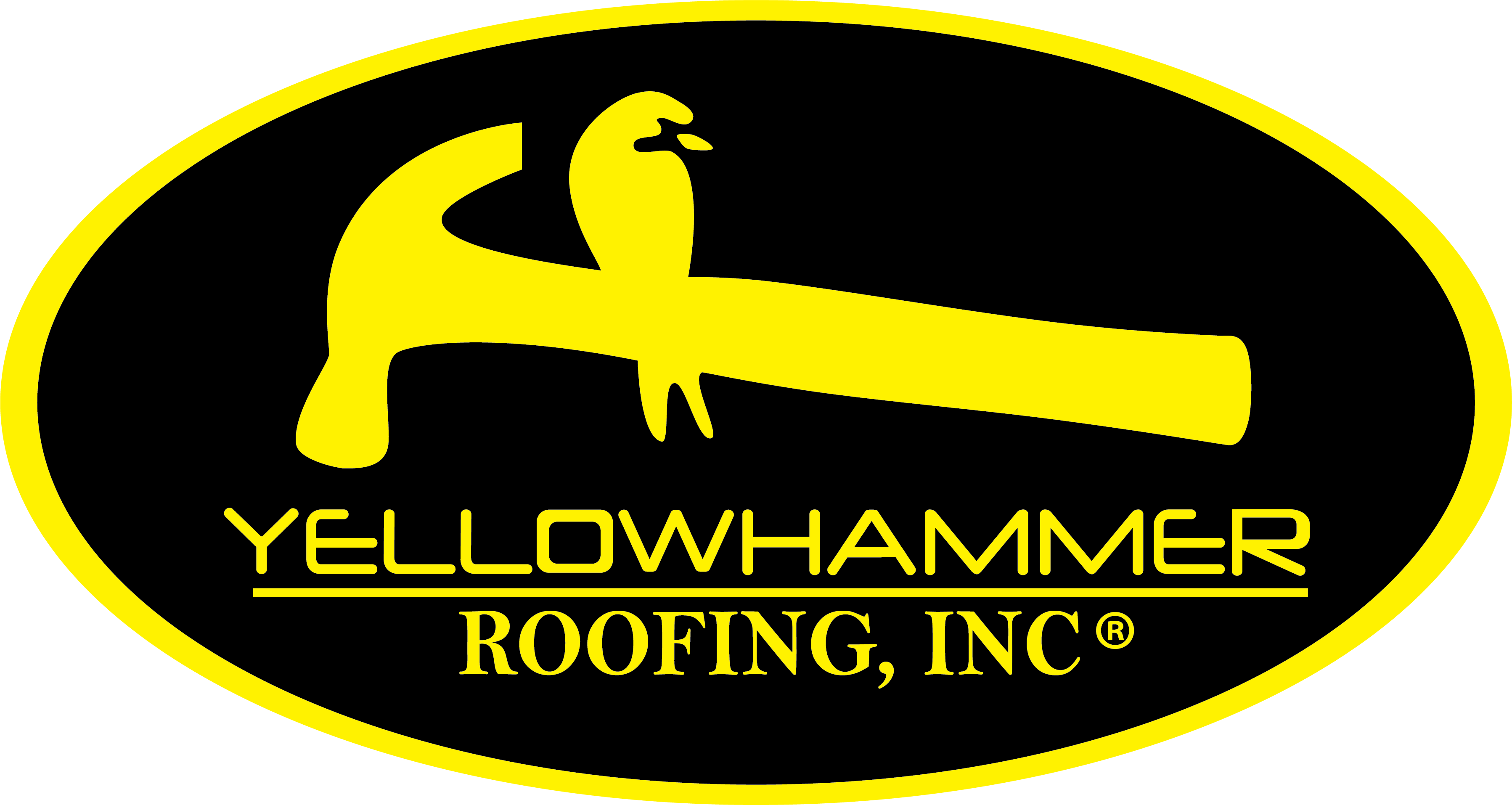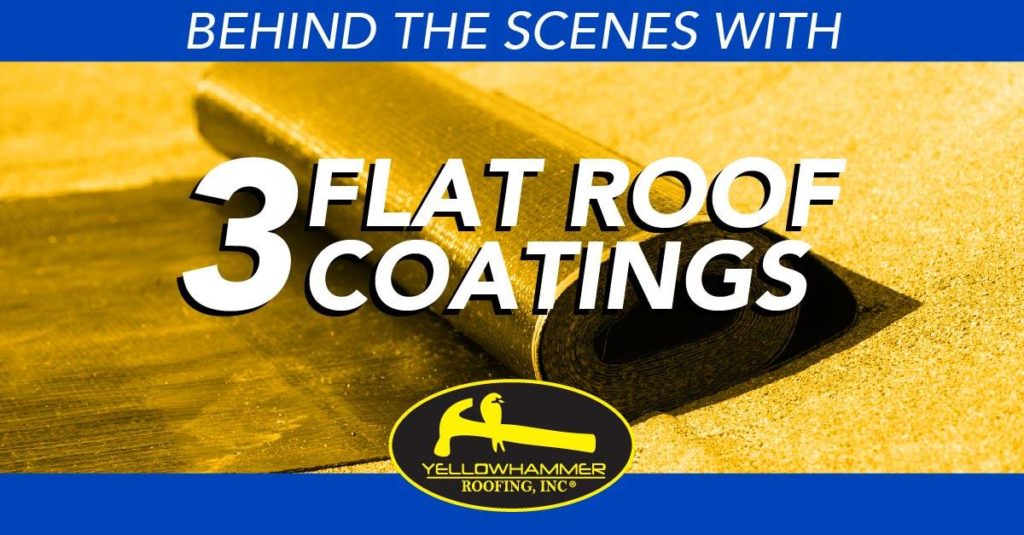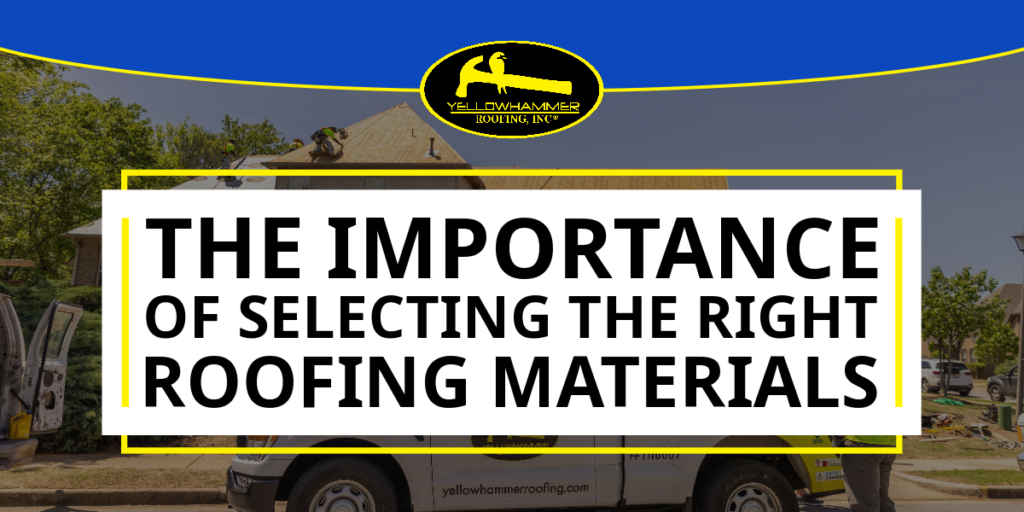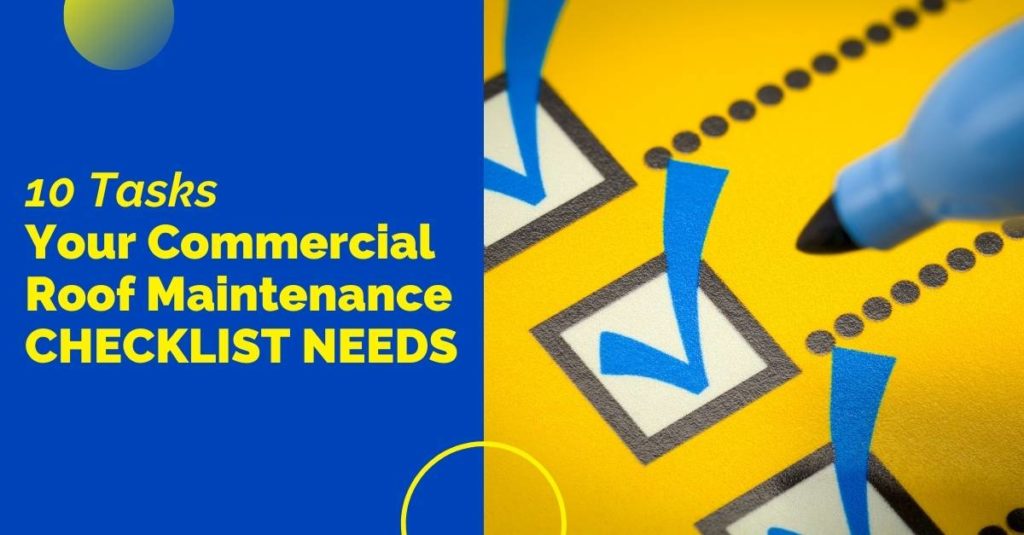Three excellent remedies are available to the commercial property manager or building owner looking for roofing solutions. Not only are TPO, EPDM and Bituminous Membrane coatings all popular and time-tested, they can save you money at installation and throughout their life spans.
New Roof
Some fortunate businesses have the luxury of selecting a new roof for their properties. If you are in the position of ordering a new roof (whether on new construction or as part of full roof replacement), consider these five factors in picking the perfect roof coating:
- Installation cost
- Upkeep cost
- Life span
- Durability
- Reliability
All three coatings provided by smart commercial roofers in the Birmingham area —TPO, EPDM and Bituminous Membrane — are time-tested, reliable, and long-lasting solutions. Installation and upkeep costs do vary, though.
Every building and business presents unique challenges. What is right for that warehouse next door may not work for you. A careful weighing of pros and cons, together with active input from your local, reliable roofer, can set you on the right path to a proper roof remedy.
New-to-You Roof
Perhaps, instead of needing to scrape together capital for a new roof, you have inherited a new-to-you roof protecting your commercial property. What do you know about commercial roof life expectancy? How can you get up to speed on commercial roof covering types?
Obviously a great resource for help and information is your friendly, local commercial roofer. A great starting point is with a thorough inspection of the existing roof.
Your partner in commercial roofing can help you determine the condition of the roof and plan for reroofing (covering over existing materials) or roof replacement (full tear-off and new materials). A trusted roofer can save your company thousands.
TPO
Thermoplastic Polyolefin is a single-ply rubber roofing material typically applied with welded seams and a special adhesive. It has three parts:
- A thermoplastics such as polypropylene (PP), polyethylene (PE), or block copolymer polypropylene (BCPP)
- An elastomer, usually of ethylene-propylene rubber
- Some kind of filler
These chemicals are laid down at a factory on a scrim, a fabric reinforcer, that provides the roof material with strength and stability. Because the TPO material is factory-made, it comes in widths of 10, 12, or 20 feet. This greatly reduces the number of seams you may have on a typical commercial roof.
TPO is renowned for its resistance to wear, its natural reflective quality, and its ability to reduce energy costs.
TPO is laid down in those wide rolls with either mechanical fasteners or by adhesive to the cover board over the roof’s insulation. TPO roofing is a great choice for building managers seeking resistance to corrosion and mildew. TPO is also remarkably easy to maintain, needing only semiannual or annual inspection and occasional seam repair.
A TPO roof is at the higher end of installation costs, but offers between a decade and 20 years of trouble-free service.
EPDM
Ethylene Propylene Diene Terpolymer (EPDM) is a mouthful to say, but a strong single-ply membrane along the lines of TPO. EDPM is popular enough that an entire trade association exists to promote it: the EPDM Roofing Association (ERA).
ERA says this quality product “is available in both black and white, and is sold a broad variety of widths, ranging from 7.5 feet to fifty feet, and in two thicknesses, 45 and 60 mils.”
We know: what’s a mil? It is one-thousandth of an inch, so a 60-mil roof material is 1/16th inches thick. That may sound thin, but with EPDM, it is plenty thick enough to protect your roof for many years.
Roughly 35 percent of commercial roofs in the United States are covered in EPDM. It is a primarily a ballasted system, offering very low installation and maintenance costs. It typically lasts 20 years, but 30-year warranties are available from some manufacturers.
Bituminous Membrane
Bitumen is also called asphalt. A bituminous membrane roof uses one of the earth’s oldest natural materials, bitumen, and modern technology to protect your business.
Two types of bituminous membrane are available:
- Torch-applied — Narrow rolls are heated as they are put down on the roof, providing a watertight seal that is fully bonded to the layers below
- Self-adhesive — Peel-and-stick rolls offer speed and excellent adhesion
A typical roof covered in bituminous membrane will last around 20 years with proper maintenance. Bituminous membrane can be a durable, economical solution for many commercial roofs. Its narrow roll widths mean more seams, however, and as a single layer, it is not as strong as TPO or EPDM.
Your selection of TPO, EPDM or Bituminous Membrane has to be entirely your own, but your commercial roofer can inspect your roof and offer expert advice. The local expert in the Birmingham area is Yellowhammer Roofing. Contact us today to learn more about these durable, reliable roof coatings.






